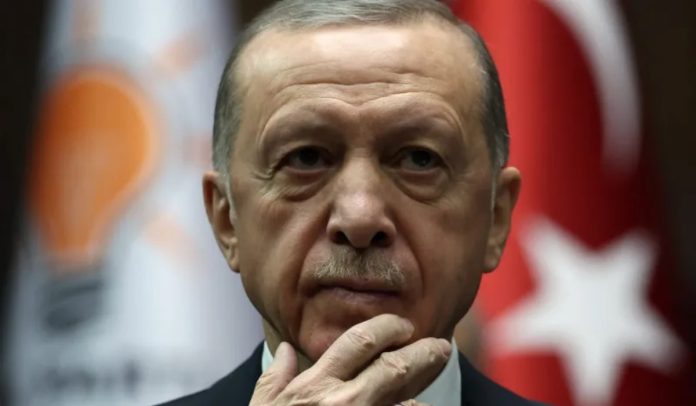The recent municipal elections in Türkiye have sparked intense speculation about the future trajectory of the nation, particularly in light of President Recep Tayyip Erdogan’s announcement regarding the conclusion of his political career under current legislation. These elections, coupled with Türkiye’s economic challenges, signal a potential shift in the socio-political landscape, marking a crucial juncture for the nation’s domestic and international standing.
Erdogan’s tenure, spanning from his prime ministership in 2003 to his presidency, has been characterized by transformative policies that reshaped Türkiye’s internal and external dynamics. However, the constitutional limitations prompting Erdogan’s withdrawal from active political contests hint at a broader transition underway, potentially marking the conclusion of the Erdogan era.
The 2023 presidential elections showcased a narrowing margin of victory for Erdogan, signaling a changing political tide. The subsequent municipal elections in March 31 further underscored this shift, with the opposition People’s Republican Party (CHP) making significant gains in municipalities across the country. Istanbul and Ankara, historically strongholds for Erdogan’s party, witnessed victories for CHP candidates, indicating a changing political landscape.
Regional variations in political allegiance also became apparent, with the pro-Kurdish Peoples’ Democratic Party (HDP) securing victories in Kurdish-majority provinces, and the New Welfare Party winning in Şanlıurfa province, signaling diversification in political representation.
Economic challenges have played a pivotal role in shaping electoral outcomes, with Türkiye grappling with high inflation and a depreciating currency. Critics have accused Erdogan’s government of neglecting the populace’s economic hardships. The opposition, capitalizing on these grievances, campaigned on promises of economic reform and accountability, resonating with voters.
Despite Erdogan’s pledges to address economic woes, his party’s defeat in the municipal elections underscored the urgency for effective reforms. The electorate’s shift towards the opposition reflects a demand for transparency and equitable distribution of resources, emphasizing the intricate relationship between economic health and political stability.
In response to these electoral outcomes, Türkiye is anticipated to undergo a phase of liberalization in domestic policy, with intensified efforts against corruption and enhanced social support. Internationally, Türkiye may seek to strengthen ties with the West while maintaining relationships with non-Western partners, navigating complex geopolitical dynamics.
As the global order transitions towards multipolarity, Türkiye’s strategic alliances are being reassessed. Its historical ties with the West are juxtaposed against burgeoning relationships with Russia and China. Economic diversification and regional stability will be paramount as Türkiye navigates its role in an evolving geopolitical landscape.
The outcome of Türkiye’s internal political recalibration will significantly influence its global positioning. As the nation stands at a crossroads, the choices made by its leadership and citizens will shape not only Türkiye’s future but also its role in the emerging global order.




